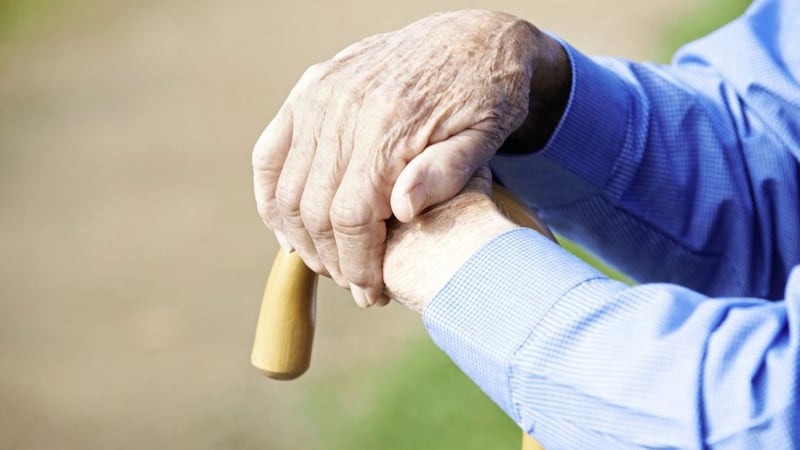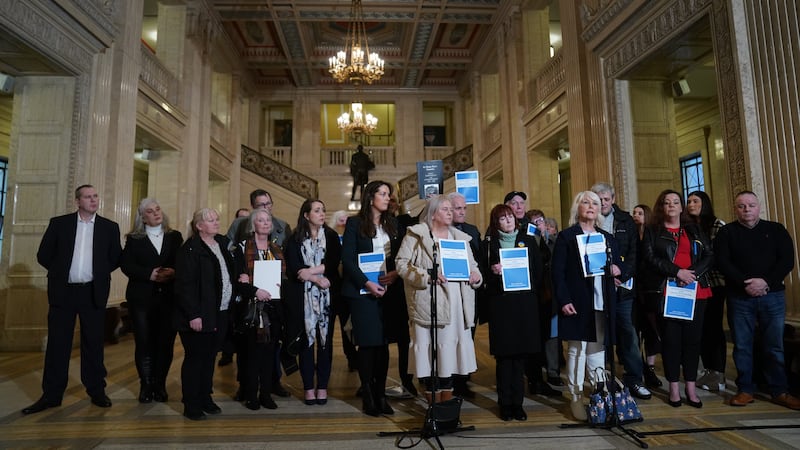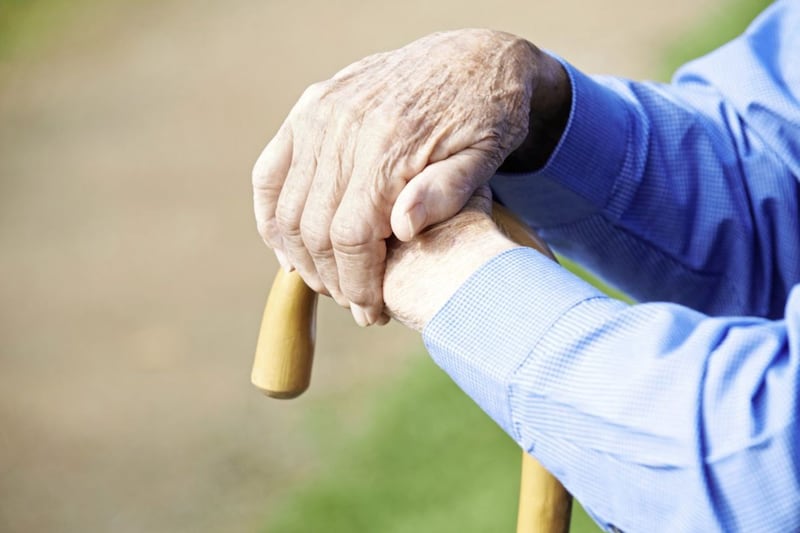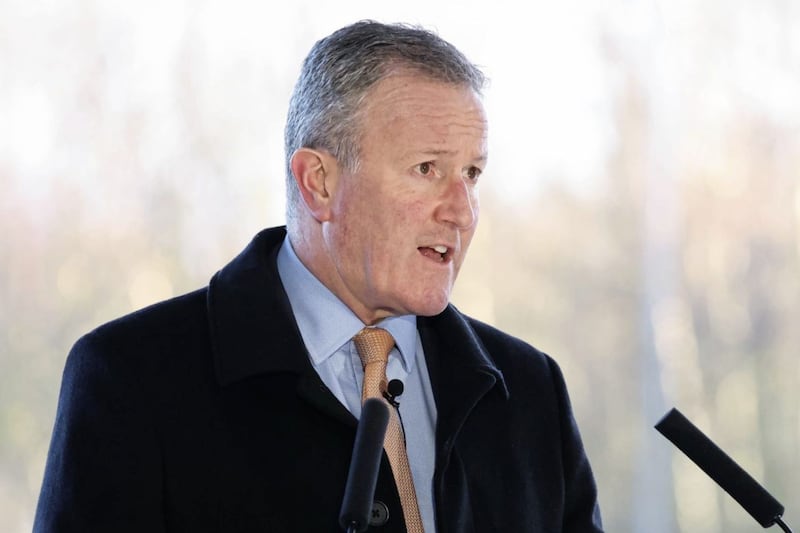A FORMER policeman left with paralysis after being shot twice said he was told his injuries were "not serious" and that any Victims' Pension will take four years to be looked at.
He also claimed he was told just 20 of the estimated 30,000 Victims' Payment Scheme applications will be processed before Christmas.
The scheme, which is more than a year behind schedule, having been the subject of political rows, opened on August 31.
To qualify, a person must have suffered a severe and permanent physical or psychological injury caused through no fault of their own.
Recipients will receive annual payments of between £2,000 and £10,000.
The Irish News understands however that growing numbers of police and soldiers are deciding not to apply for the payment, claiming the initial assessment has left them "re-traumatised".
There is also mounting anger as it has become clear that the most disabled among them will receive next to nothing from the scheme because they have already received injury on duty pensions and social security payments.
The former officer, who is from Co Down, has also been diagnosed with `exacerbated post-traumatic stress' which his wife said has been re-triggered following his treatment during the telephone assessment.
He was shot in 1979 after responding to a hoax call in a residential street in south Belfast.
Speaking to The Irish News his wife said: "I was listening to the telephone conversation. The person asked him what his injuries were and when he said he was shot twice in the head and paralysed they said `Yours is not a serious injury'.
"My husband was left totally paralysed and left blinded. It took him years to get himself back to anything half normal. It's only through sheer determination he can walk, although he is having more and more trouble.
"He has been set back 42 years over this - to be told, you're not seriously injured and to be told there'll only be 20 cases before Christmas and to be told it will be four years before you case is heard.
"To be told that by someone not medically qualified to make that assessment is very hurtful."
The former officer said he was told the original payout he received for his injuries would be taken out of whatever final payment is granted.
"What was all the uproar about all the money needed when they knew all along they weren't going to be paying badly injured police and soldiers anything?" his wife asked.
The Department of Justice confirmed payouts "will be reduced by any other relevant payments which the applicant is receiving that relate to the same disablement... (including) any pension, award, allowance or other continuing benefit awarded under the PSNI and PSNI Reserve (Injury Benefit) Regulations 2006 in respect of injury received in the execution of duty".
However, it insisted there is "no indication... of the number of applications that will be processed prior to Christmas".
"That will depend on the complexity of cases, the extent of evidence available etc."
A spokeswoman said clinical assessors conducting disablement assessments "are all receiving trauma training which has been designed and delivered by one of the main victims' group".
UUP leader Doug Beattie said "many victims... do not fully understand who will be eligible for the payment" or "how it will affect other payments they may be in receipt of due to their injuries".
"I am also concerned, due to the numbers who may be applying, that those with serious injuries may feel that their case is diminished in the eyes of the board due to so few going though before Christmas."
He warned this could lead to victims "not applying" and called for a "campaign to get rid of the myths and give factual information on who can and should apply".







